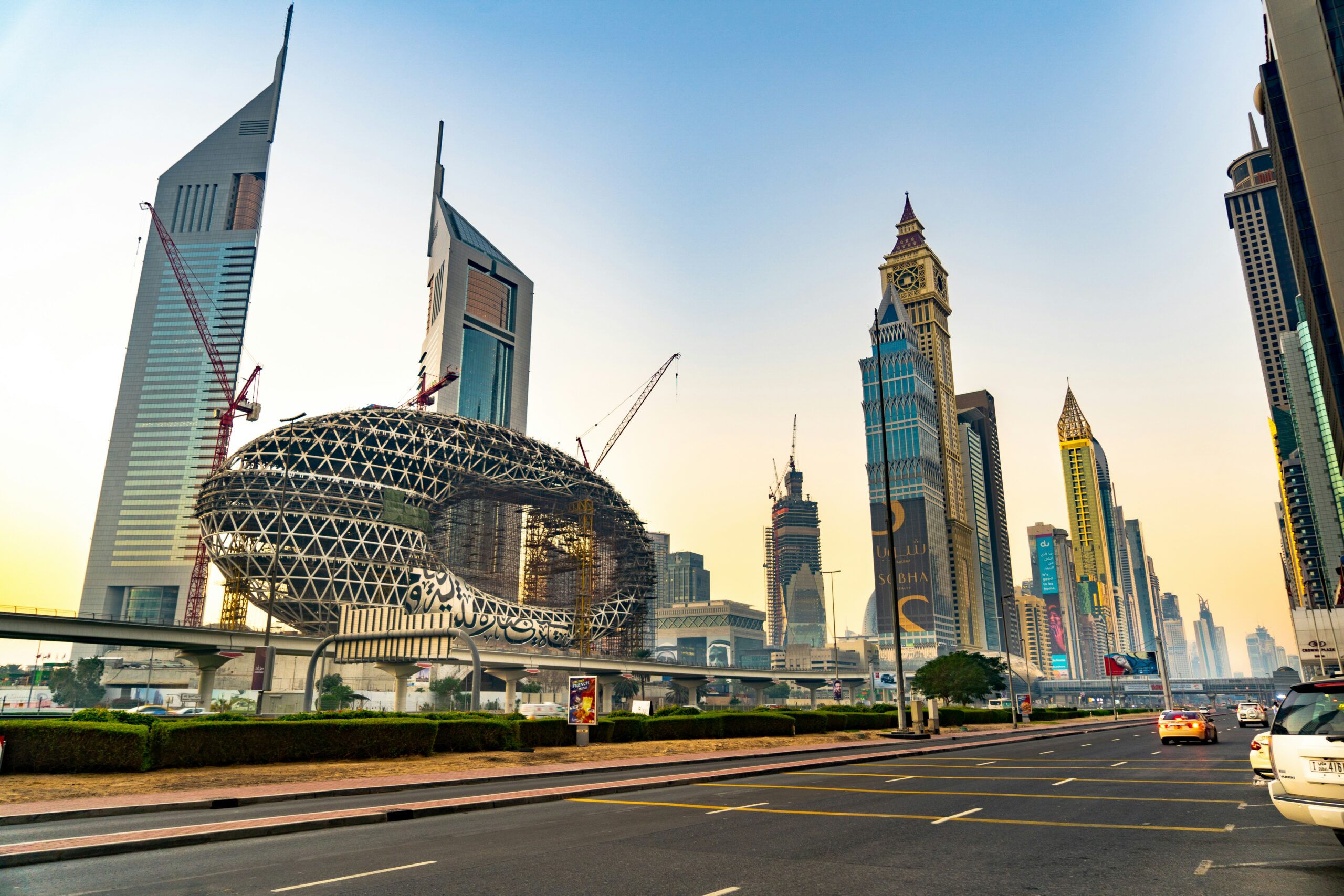As we step into 2026, Environmental, Social, and Governance (ESG) principles are no longer just buzzwords — they’ve become a driving force in real estate investment strategies across the UAE. With sustainability goals aligning with Vision 2030 and investor preferences shifting toward ethical and long-term value, ESG is transforming how property is developed, marketed, and valued.
1. Why ESG Matters in UAE Real Estate
Investors are increasingly factoring in ESG risks and rewards before making decisions. In the UAE, this is reinforced by:
-
Government Initiatives: Programs like Net Zero 2050 and the UAE Green Agenda 2030 are pushing the industry toward greener practices.
-
Tenant Demand: Both residential and commercial tenants now prefer eco-friendly and socially responsible developments.
-
Investor Confidence: Properties aligned with ESG standards are more likely to offer long-term stability and reduced regulatory risks.
2. Environmental Impact: The Green Building Boom
Environmental factors are the most visible aspect of ESG. Developers are now:
-
Using energy-efficient technologies like solar panels, green insulation, and smart systems.
-
Building according to LEED or Estidama certifications, which are becoming essential in high-value developments.
-
Incorporating vertical gardens, sustainable water usage, and low-carbon construction materials.
3. Social Responsibility: Designing for Wellbeing
The “S” in ESG is reshaping community planning. Real estate projects now focus on:
-
Affordable housing and inclusivity, especially in suburban communities.
-
Designing health-conscious living spaces with natural light, open areas, and community parks.
-
Promoting accessibility, safety, and well-being across all age groups, including senior living facilities.
4. Governance: Transparency and Compliance
Governance in UAE real estate is getting a makeover:
-
Developers are adopting blockchain and digital registries to ensure transparency in transactions.
-
Investors demand better corporate governance, especially from listed real estate firms.
-
Strict compliance with ESG reporting standards is gaining momentum, attracting foreign capital.
5. ESG and Investment Outlook: What to Expect in 2026
-
Premium on ESG-certified properties: Expect higher valuations and rental yields for ESG-aligned developments.
-
Green finance opportunities: Banks and institutions are offering preferential rates for green buildings.
-
Smart cities and ESG integration: Projects in Abu Dhabi, Sharjah, and Dubai are leading the way in integrating smart, green living.
Conclusion
The integration of ESG in UAE real estate is no longer optional—it’s a necessity. For developers, investors, and policymakers alike, 2026 represents a crucial pivot toward a more sustainable, ethical, and resilient property market. Those who embrace this shift early will lead the future of real estate in the region.

